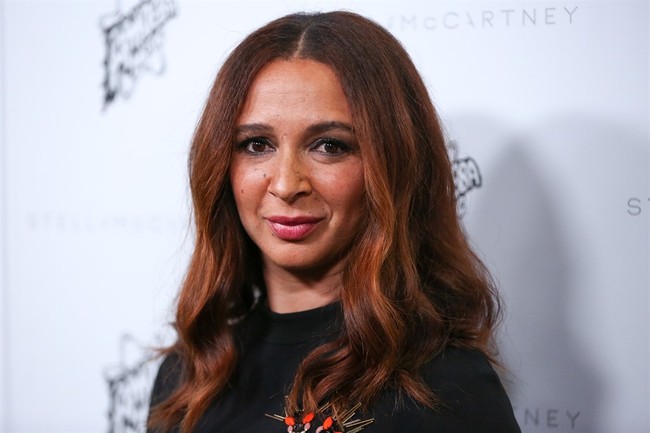
“Saturday Night Live” has been accused of violating election law with a cameo appearance by Democrat presidential nominee Kamala Harris during their broadcast on Saturday night.
Harris made a surprise appearance during the cold open segment of the show, appearing opposite Maya Rudolph’s version of her, in a mirror skit where they talk to each other.
Rudolph’s character, during the skit, said she wished she could “talk to someone who has been in my shoes,” at which point the camera panned to Harris on the other side of the mirror.
Her appearance was greeted in deep blue New York with screams of joy.
“You and me both, sister,” Harris replied, struggling to repress her signature cackle.
It was a desperate ploy for her campaign and Democrats’ friends at NBC to make the vice president seem more relatable, less robotic. It was, in a word, cringe:
Kamala Harris talks to Kamala Harris pic.twitter.com/AJuW7aO7VM
— Saturday Night Live – SNL (@nbcsnl) November 3, 2024
The problem here is that “SNL” might have run afoul of the Federal Communications Commission (FCC)’s equal-time rule for political candidates.
Fox News senior White House correspondent, Jacqui Heinrich reported on X that Donald Trump’s campaign had not been contacted to make a similar appearance.
“Trump campaign senior advisor tells FOX that SNL did not extend an invitation to President Trump,” Heinrich wrote on X.
FCC Commissioner Brendan Carr has also come forward to state unequivocally that the sketch comedy program did, in fact, violate the rule.
“This is a clear and blatant effort to evade the FCC’s Equal Time rule,” Carr wrote on X.
He added:
The purpose of the rule is to avoid exactly this type of biased and partisan conduct – a licensed broadcaster using the public airwaves to exert its influence for one candidate on the eve of an election. Unless the broadcaster offered Equal Time to other qualifying campaigns.
Heinrich’s reporting indicates the NBC program made no such offer.
This is a clear and blatant effort to evade the FCC’s Equal Time rule.
The purpose of the rule is to avoid exactly this type of biased and partisan conduct – a licensed broadcaster using the public airwaves to exert its influence for one candidate on the eve of an election.… https://t.co/LliZF0po9t
— Brendan Carr (@BrendanCarrFCC) November 3, 2024
The equal-time rule is a regulation derived from Section 315 of the Communications Act of 1934. It aims to prevent the preferential treatment of political candidates by broadcasters during elections, and ensures that all legally qualified candidates for public office are given equal opportunities to use broadcast facilities.
Equal time doesn’t mean the same amount of time but rather an opportunity for each candidate to appear for an equivalent amount of time if requested. Giving Harris a platform to perform for millions of viewers, while denying Trump the same, seems like a blatant violation.
While some might suggest the equal-time rule has a low level of enforcement – and they’d be correct – SNL executive producer Lorne Michaels himself said that the show was banning political cameos, the Independent reports, so as “not to run afoul of election laws.”
“You can’t bring the actual people who are running on because of election laws and the equal time provisions,” executive producer Michaels told The Hollywood Reporter. “You can’t have the main candidates without having all the candidates, and there are lots of minor candidates that are only on the ballot in, like, three states and that becomes really complicated.”
He said that just in October.
During the 2016 election cycle, the FCC Chair under President Obama explicitly stated that the equal-time rule would be enforced whenever Trump, then a candidate for president, appeared on “Saturday Night Live.” NBC stations openly submitted Equal Opportunity notices, guaranteeing that any other candidates eligible for the office would be granted equivalent airtime upon request.
By putting Harris on the airwaves the Saturday before Election Day, there is zero opportunity for Trump to attain equal time as a candidate, even if he wanted to file a request. We’ll keep you posted on this story.
